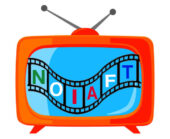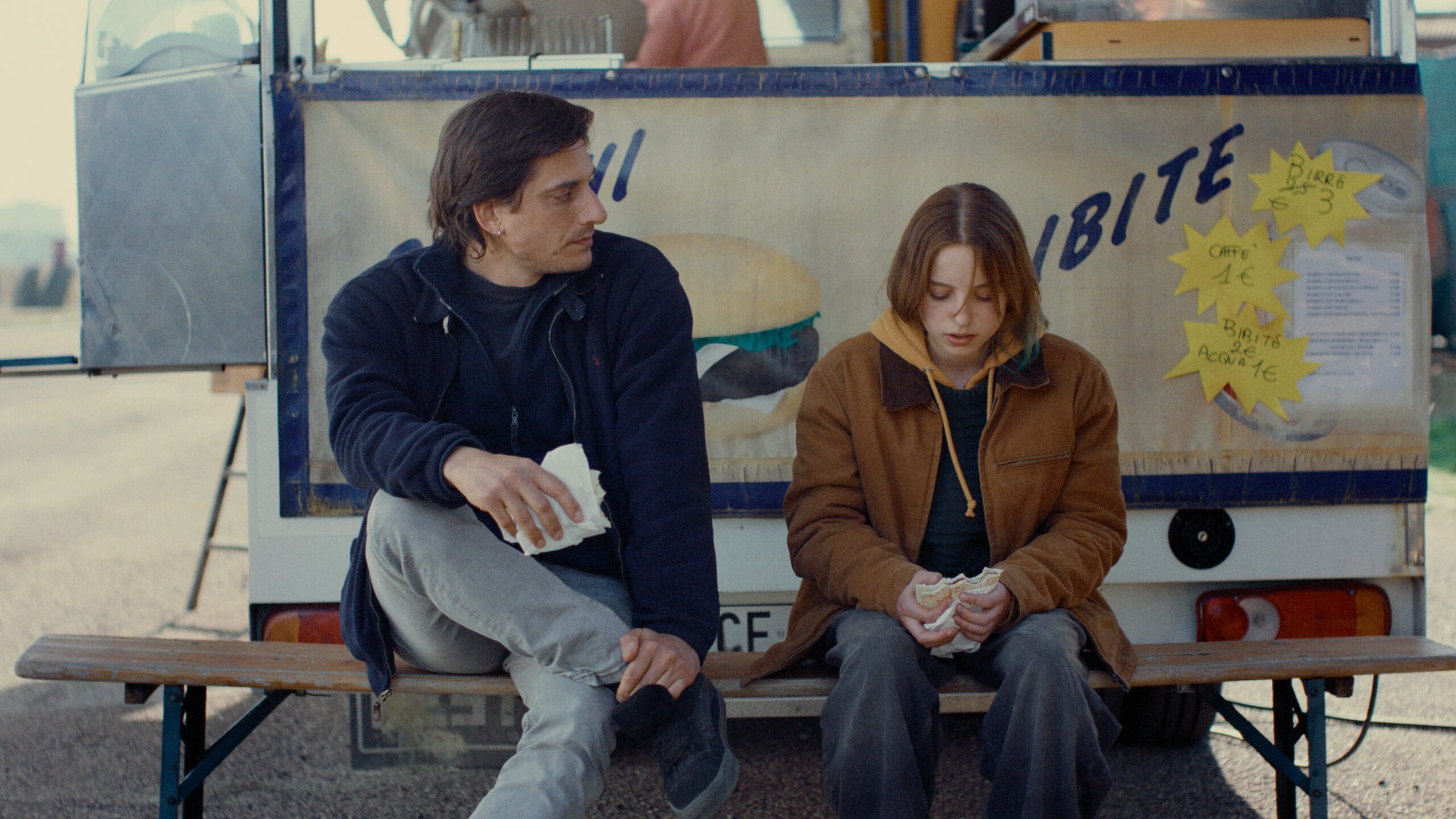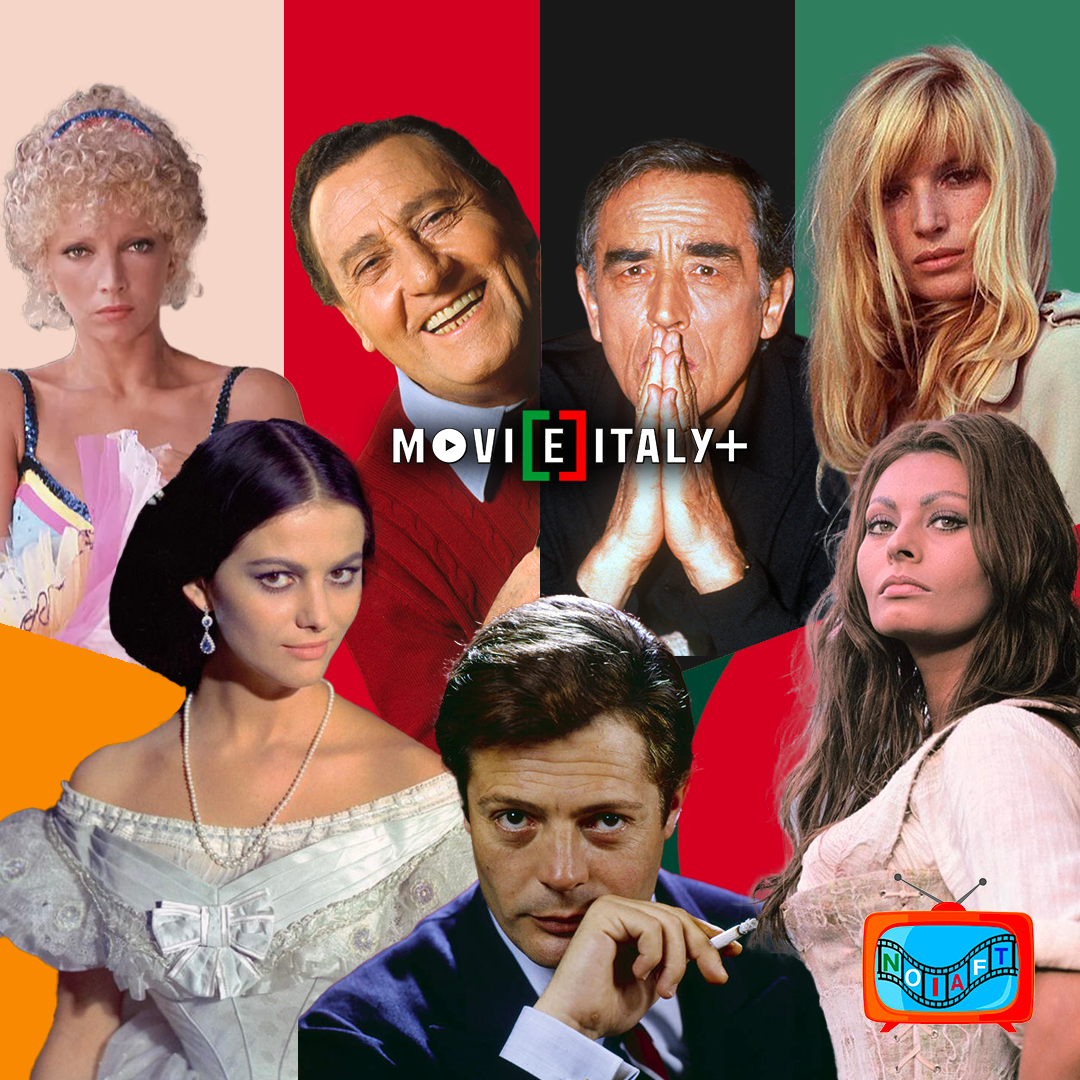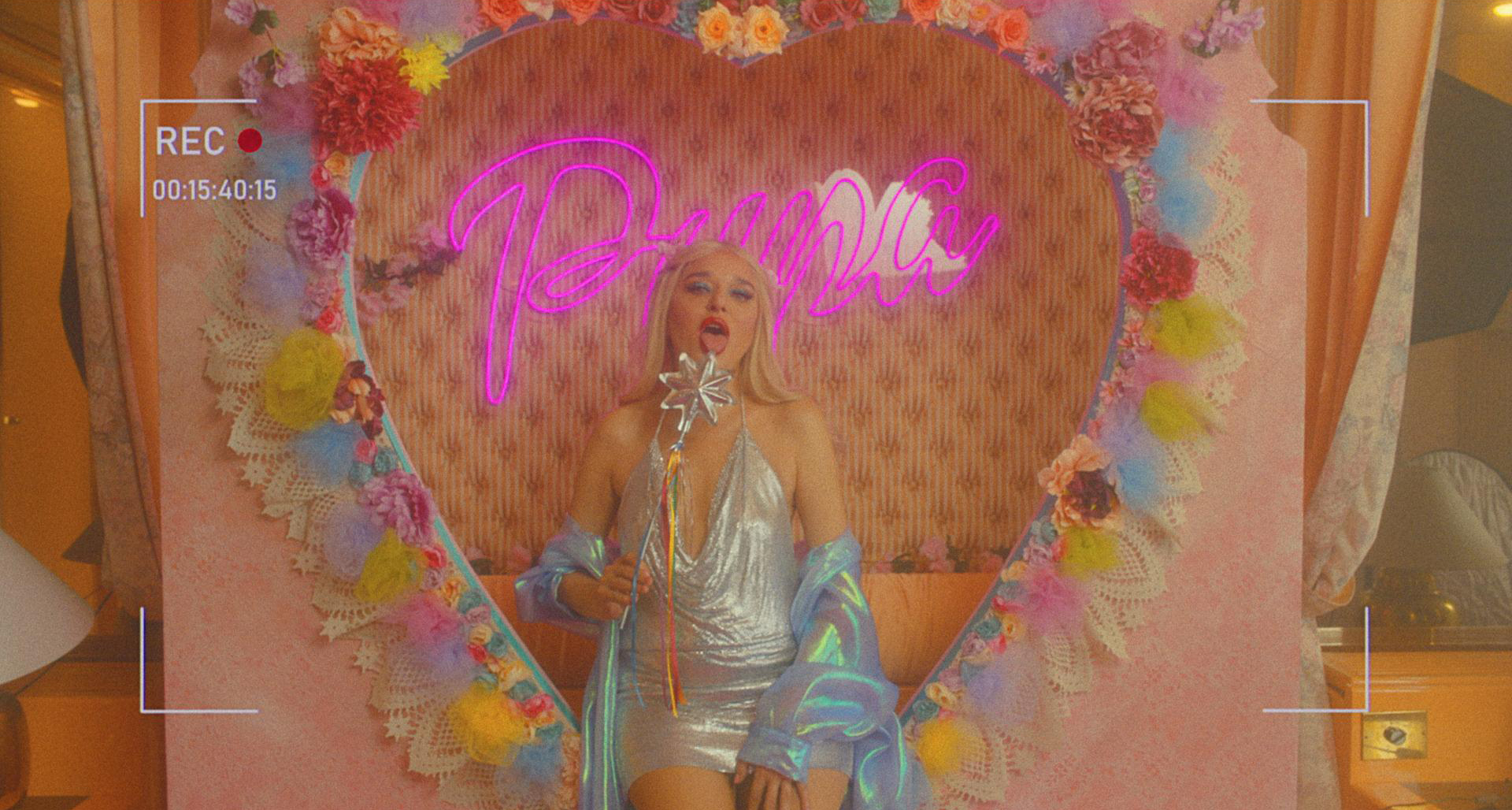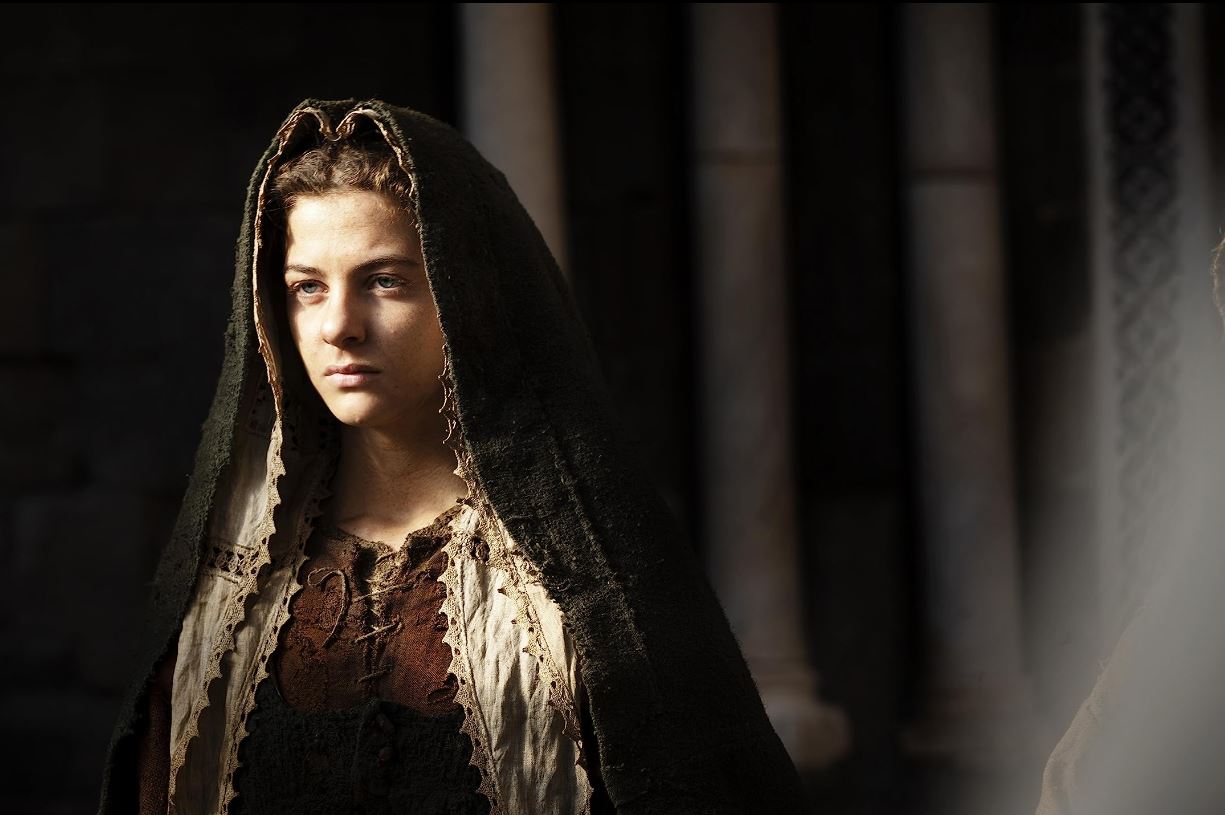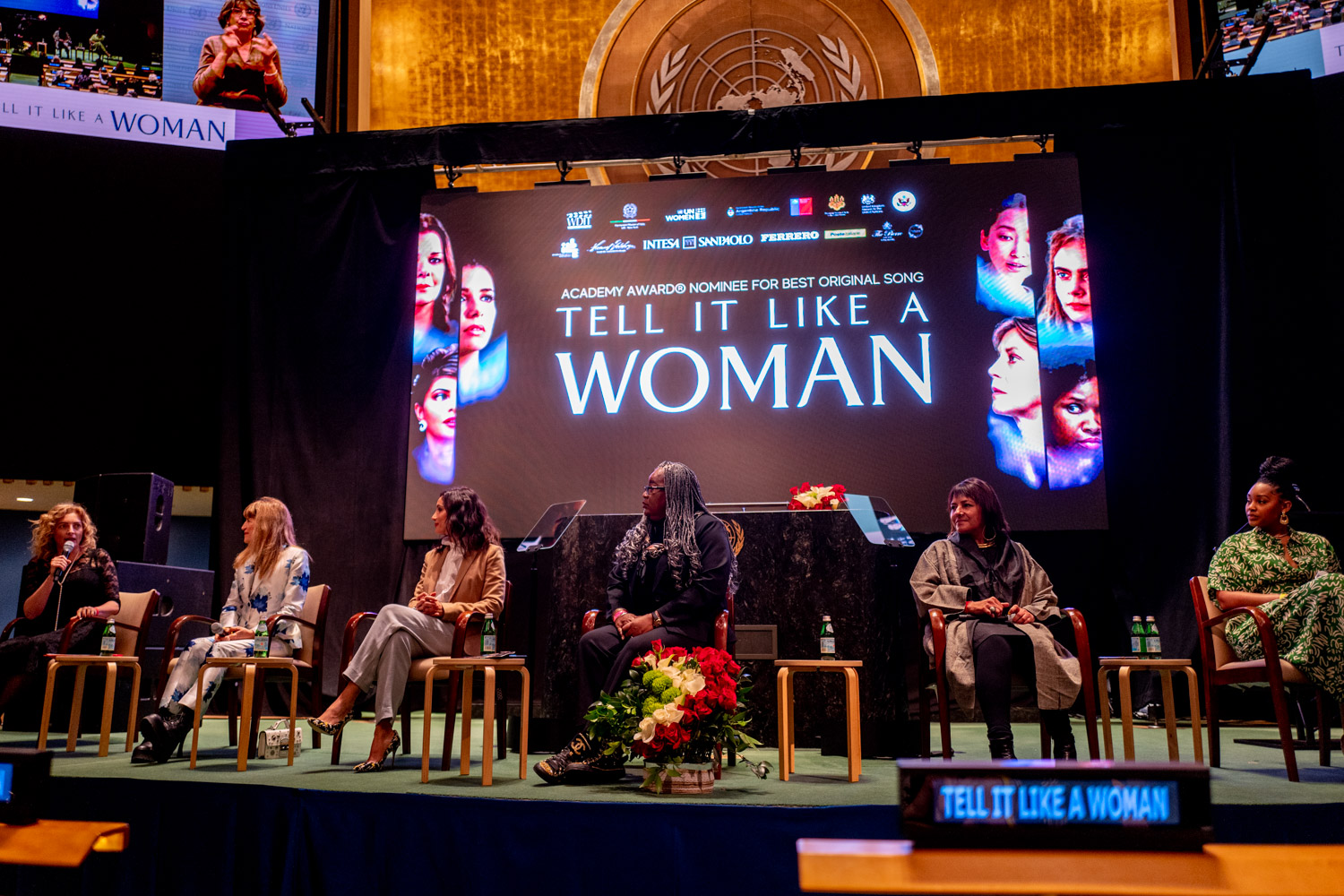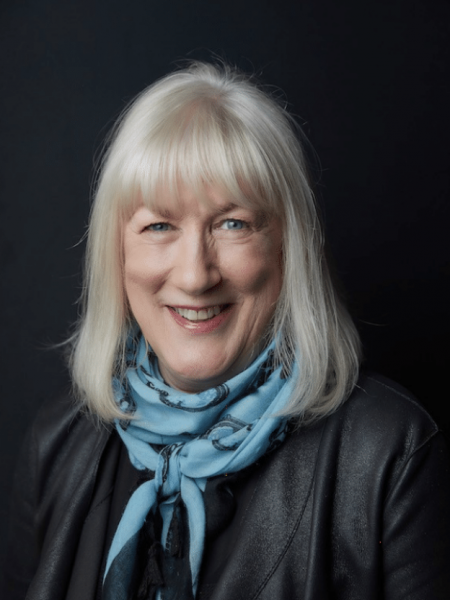
Joan Tosoni has had a very successful career of over 30 years in television and film production in Canada, and is one of Canada’s foremost Directors of Music and Performing Arts programs. Her expertise, dedication and passion for excellence and creative innovation has led to many accolades, nominations and awards over the years as both a producer and director.
Tosoni’s latest project is ‘Gordon Lightfoot: If You Could Read My Mind,’ which she co-directed with long-time collaborator, Martha Kehoe. The documentary is an exploration of the career, music, and influence of legendary Canadian musical icon Gordon Lightfoot. With unprecedented access to the artist, the documentary follows Lightfoot’s evolution from Christian choirboy, to troubled troubadour, to international star and beloved Canadian icon who has sold over 10 million albums and been nominated for 5 Grammy Awards.
On August 4 2020, Tosoni spoke with NOIAFT founder Taylor Taglianetti about her experience making the documentary.
I love to watch documentaries on musicians, so I was especially excited when I found out that you are of Italian descent! I understand your father, Dr. Anthony Tosoni, was born in Fruili, Italy and was actually the first Italian to get a PhD in Canada. That’s amazing!
Yeah, it is! My father was a very intelligent man who had a successful career in research chemistry. But he never taught us Italian! I think in those days, many Italian families who immigrated to the U.S., Canada, and anywhere really, wanted their children to be fully integrated. But it’s one of my big regrets that we were never taught Italian. My grandparents were from Friuli. We lived in the same house with them. They spoke the Friulian dialect. My dad said he was nervous to teach us because he didn’t want to teach us wrong.
You had mentioned earlier that you were going to Sicily. Were you premiering the film there?
No. We don’t have a European distributor or a worldwide distributor yet. We opened in the States and the film is now available on video on demand, but according to our executive producer, we are on the verge of a worldwide deal. My partner in the film, Martha, and I did go to London where the film played at the Doc’n Roll Film Festival. It was very gratifying for us. People from all over England came to see the film and we were very excited to talk about it because they were big fans of Gordon Lightfoot.
I understand you worked with Gordon Lightfoot a number of times before ever venturing to make a documentary about him. Obviously, trust is a necessity when making a documentary about a person. I think by nature of being a documentarian and filmmaker there has to be some sort of intrinsic characteristics that you have as a person that allows the subject to have faith in your helming this journey. Would you say there’s something about yourself and your co-director that you think, besides the fact of having worked with Gordon, that allowed him to feel complete confidence in you?
Yes, well we did a documentary, I produced and directed it, and Martha researched and wrote it. It was called Country Gold. It was a three hour, two-part documentary on Canadian Country and Folk music so, of course, Gordon had an important section of that and this was way back in the early 90’s. I interviewed him for that.
His manager at the time was Barry Harvey. He said to Martha and I, “I’ve never seen him be so open.” He just wanted to talk at that point. We also work in variety television so I directed many of our Juno awards shows which is equivalent to the U.S. Grammys. I’ve done a lot of multi-camera, so we have done many things with him since then. He just developed a trust. What can I say, Martha and I are both pretty straightforward, honest, open and without any ulterior motives and I think that’s what led him to trust us to finally do it.
Many people have asked him to do a documentary about his life and he turned them down. He turned eighty while doing the documentary. When he turned seventy-five, he said I’m ready, let’s do it. So we went out and shot a day with him in his hometown for a promotional video, but surprisingly it took five years for us to get the funding. We had a lot of interest from a lot of different agencies including the Canadian Broadcasting Corporation and TeleFilm Canada, and private investors like The Slaight Foundation. It took a long time to pull the funding together just because the very nature of a documentary like this costs a lot because of archival footage, photographs and music rights, so that’s why it cost so much. It’s not so much the making of the film itself, the crews and all those things. Anyway, it took five years to get the funding and then away we went.
You have quite a bit of archive footage in the film, but also these truly amazing interviews. Alec Baldwin, Sarah McLachlan, Geddy Lee, to name a few subjects. How do you find that balance in the editing of all this great footage?
Our first rough cut was actually about two-and-a-half hours long and from there, it’s just a process of watching it over and over and finding what sticks, what you are most compelled by in the overall story. Of course with any documentarian, they have to leave out stuff that really hurts them to leave out, but we wanted to stick to around 90 minutes. We decided that because that’s where people’s attention spans are at.
Any filmmaker, not just documentarians, struggle with what to leave in and what they must take out. If it were up to Gordon, he would have had all music and no talking. And Gordon didn’t have anything to do with the editing of the film. We did it on our own. We were opening at Hot Docs here in Toronto, just over a year ago. When we finished the film, Martha and I said to him, “Do you want to see the film before Hot Docs opens?” and he said, “Nope. I want to see it with everybody else.” So that showed a lot of trust, too. But I’m glad he did because he was able to see from the audience’s reaction that people really liked it and he came to like it more as time went by! His first comments after were “Too much jaw-boning and not enough music,” meaning too much talking.
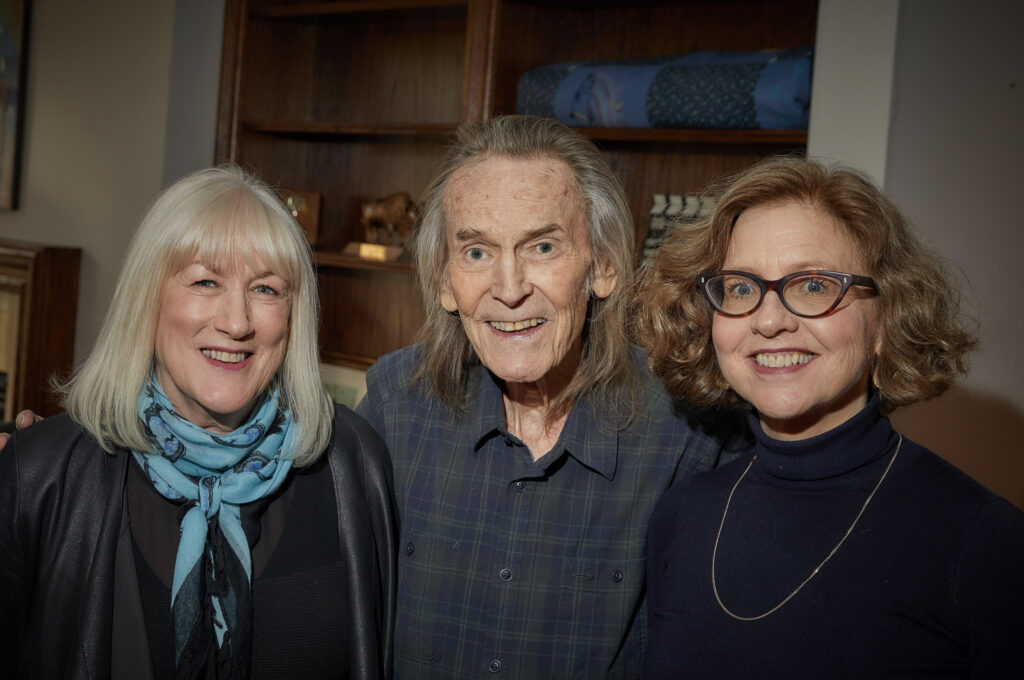
It is a major compliment that he didn’t screen the documentary first! That’s very rare. You were speaking about the tough decisions that had to be made. I imagine it is hard enough to make those decisions as an individual, but you are co-directing this. What was the decision-making process like with your partner, Martha? Did you delegate certain responsibilities to each other that one person had sole control over?
We made the film in a relatively short amount of time. The day we stepped into the office to the day we finished the film was eleven months. That included all of the interviews and everything except for that one shoot that we did five years earlier which was also seen in the film. But Martha and I tend to agree on things, but when we didn’t, we have some fights. You let it sit for a while then you re-discuss.
I don’t want to put an actual percentage on it, but 90% of the time we agreed anyway. We shared up duties, like she’d go in and edit one section and I’d go in and edit another one. We’d give each other notes, pare it down that way. Also, our editor Alex Shuper was very, very, very much a part of our process. He’s actually a head banger, and didn’t know that much about Gordon Lightfoot which we found to be an advantage because he brought a set of fresh eyes to it. He put things in it that we wouldn’t have chosen that ended up being very wonderful parts of the film. I call him Super Duper Alex Shuper because he was the editor on the film, Super Duper Alice Cooper.
I do also want to mention our executive producer John Murray. He was very helpful in the edit with that set of fresh eyes, as well. He would be pretty blunt with what he thought wasn’t working or was working. Also our executive from CBC, Lesley Birchard, same thing. You want these other sets of eyes because sometimes you can get too close to it. Somebody else’s take on it helps you see it in a different way.
To your point about having that distance from the subject matter, I think it does pay off. I’m from New York and I didn’t know that Gordon Lightfoot is like this sort of god in Canada. I see him being this equivalent to Bob Dylan here in America. Especially as a music fan, I was stunned that his Canadian legacy was not something I was aware of. To that end, being so close to the material, do you think there were any shocking or interesting responses to the material that surprised you when people saw it?
Martha’s and my favorite screening was the one for the members of the men’s club Gord belongs to where he goes to the gym six days a week. He’s been a member of that club for a long, long, long time. He’s one of the guys and the guys from the club just howled at everything that he said! I think that’s what really made Gord appreciate the film because the guys were loving it! Right from the time he says, “I hate that fucking song.” He has this wry sense of humor. He’s not a laugh-a-minute guy, but he makes you laugh. That was somewhat surprising and very delightful…that people were actually able to see some humor in him and in the film. You don’t want something like this to be all praising and “Oh, he’s the greatest.” We wanted it to be about the music as well.
Some of the reviews have criticized that it doesn’t go enough into his personal life, but that was a conscious decision on our part because that can be a whole other film. The reason that Gordon means so much to Canadians is his music. The words to the music, the way the music sounds, and the way it kind of permeated their lives. They feel like it’s a bit of a soundtrack of their lives. So that’s the important thing about Gordon Lightfoot to me and Martha and that’s how we decided to sort of structure the film around the music itself. Of course, we couldn’t put in every major song. You put in what’s in the budget and put in as much as you can pay for. Some critics have complained that famous songs, for example, “Rainy Day People” or “Carefree Highway” weren’t in it. But we don’t really have good versions on tape of those songs. That’s another decision you make. There’s a great concert done by the BBC in the 70’s and it was really well shot. He did a full-on concert so we used several excerpts from that because it looked so good and sounded so good, but when you can’t find a good version of “Carefree Highway”, you just don’t put it into the film. It’s a visual medium.
I feel like if you’re a fan anyway, the absence of that song isn’t going to ruin your day if you have everything else. On the other hand, if you didn’t know much about Gordon Lightfoot, you don’t know what you’re missing out. There is so much to chew on and the film makes you want to find out more about him. It actually led me to do some research which turned out to be very fascinating and surprising. But to what you were saying about finding that angle, I think that’s really interesting that you said critics were complaining because I thought this structure was refreshing in a way.
Our reviews were almost universally favorable, but a couple of critics said, “Why didn’t you deal with the fact that he nearly died? Why didn’t you deal with more of his family life and his wife?” Without that stuff, they think it makes a shallow film. A totally different film would have been made by other directors and producers. A filmmaker brings their own take to the film and it’s not going to be what someone else would make or necessarily want to see.
But one of the things you said, that the film made you look up things about Gord, Martha has always said when interviewers ask, “What do you hope people take away from the film?”… her first hope was always that it would get people to go back to Gordon Lightfoot’s songbook and listen to his work, and find stuff that they weren’t so familiar with. Of course, that would be one of Gord’s goals, too. In fact, universally, we found that that happened. So, so many people who have responded to the film have said, “I’ve been listening to Gordon for days now. I didn’t know that was his song!” The film has really spurred people to want more of him.
Same here. I’m listening with new ears as well. I say to myself, “Oh, this song means something a little different because now I know about his relationship with Bob Dylan or this song takes on a new meaning because of what he said in the documentary.” It becomes a whole new experience. Besides that, the reason why I enjoyed the film is because of its fresh take on the rock documentary. In the last few years, documentaries have become so, so hot. Then there’s all these rock documentaries and rock biopics that wind up following the same kind of trajectory. Your documentary is very intimate. I felt a rather untraditional closeness to Gordon when he spoke as if I was right there speaking to him. That’s what I really appreciated about it. When you were making the film, was there ever a point where you thought it was ever becoming too intimate? As a filmmaker, do you know where to draw the line given you already knew that you wanted to make it more about his influence than his personal life?
That’s a good question. I think Gord was willing to go further than he had. He’s been interviewed many, many times in his life, but I think he wanted people to see more of the real him than they have in a lot of the interviews. I think Gord knows where he wants to draw his own line. And he is a very private person, but I think also we didn’t want to probe into those personal details with wives and children because again it’s too broad a subject. To me, it may have taken away from the music and maybe it was a wrong decision. Martha did the interviews and she’s really excellent at that and with researching, but I don’t think we wanted to probe too deeply into those specific areas.
Because this is an Italian outlet, I do want to close in mentioning the great anecdote in the film about Frank Sinatra throwing down the sheet music to one of Gordon’s songs because it was too challenging for him to perform! I think that says a lot about Gordon’s genius.
‘Gordon Lightfoot: If You Could Read My Mind’ is now available on VOD.
